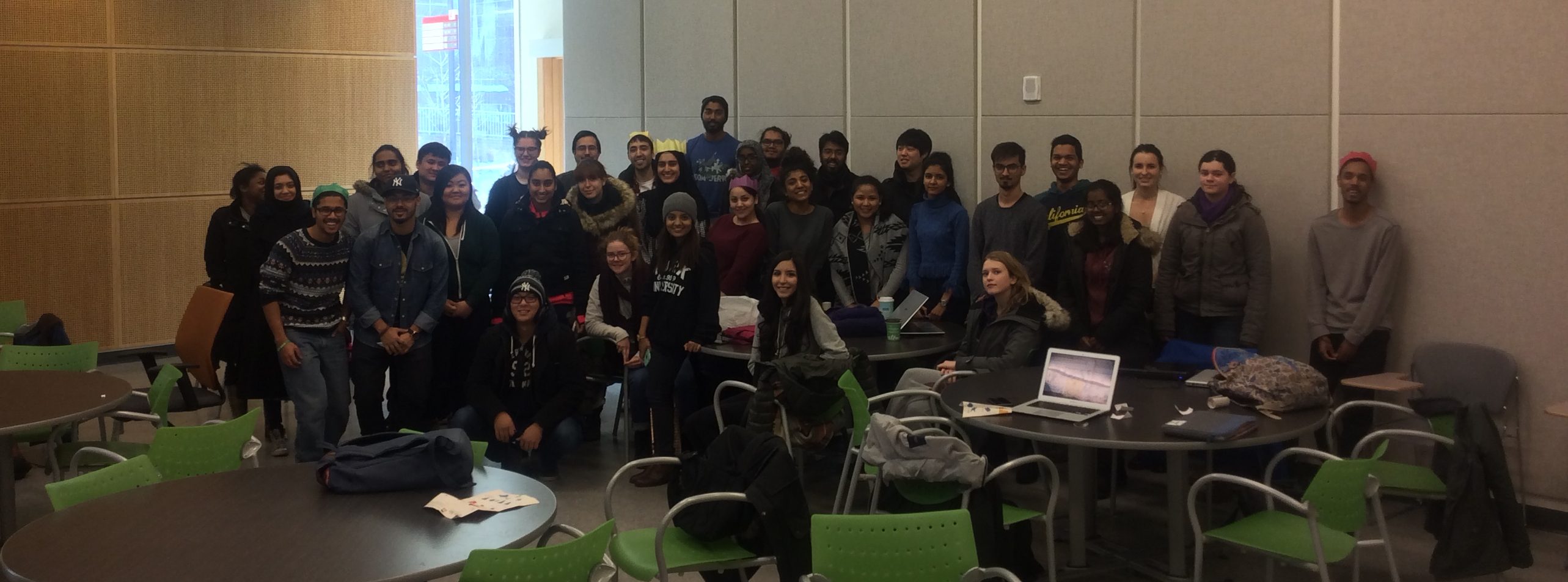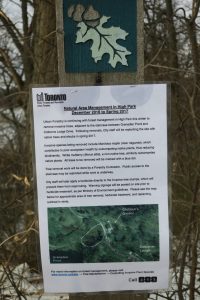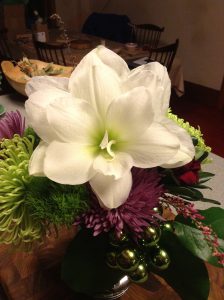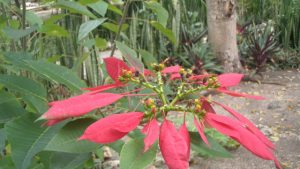The first piece of advice I give undergraduates is: "show up to all of your lectures and labs, even if you're barely conscious".
Why? Because simply being present improves your learning. As Weingardt (1997) observed, "The world is run by those who show up".
My second piece of advice is, "take handwritten notes with a pencil or fountain pen during your lecture, even if the talk will be made available as a podcast with slides". (One caveat here, is that this doesn't apply to students for whom note taking via writing is not an option, due to a disability. Laptops and other technologies all have a place my lectures.)
Why? Because the act of taking notes helps you to remember the lecture content better than listening, and reading a powerpoint deck later.
My third and fourth pieces of advice are: "practice writing" and "read as much as you can -- read noticeboards, newspapers, and flyers. Just read. And look up the meaning of words you don't know." My current favourite books that I recommend to students are: How to Write Short by R.P. Clark, and Stephen B. Heard's The Scientist's Guide to Writing.
Doing these four basic things will elevate most students' academic performance by at least a grade. Of course, if a student is facing personal challenges that prevent them from easily attending lectures, that's a different story. If the latter is the case, then I very much hope that the student will contact their university counselling services for advice, and support. But, if students can manage to follow my advice, they will do better.
Now, it IS true that I frequently don't follow my own advice, but in this case, I actually try very hard to follow these four pieces of advice.
For example, I write daily, with the aim of producing 2 posts a month for my lab. blog: a total of 24 columns a year. This is a possible, but challenging target.
Since blog posts aren't peer-reviewed, I should also be writing more journal articles, as well as academic books. This kind of writing is still tough and slow for me, and many other experienced academics, to do. But, thinking about, and drafting blog posts is kind of a basic daily exercise, much like flossing, and walking 10,000 steps a day. It helps with the hard stuff of more challenging writing, like training for a race.
In addition to writing for my lab. website, I also write guest posts for other websites. This is the third year that I've written for the Advent Botany series, on plants that have cultural significance during the Christmas season. This series is hosted by Dr. Alastair Culham and Dr. Jonathan Mitchley's websites at the University of Reading in the UK.
Alastair and Jonathan launched their first Advent Botany Blog Series in 2014. When I heard about it, I asked if I could contribute a post or two, as a great way for me to weave together my general interest in plants, and gardening, with some botany research.
In 2015, Alastair and Jonathan used social media to invite other botanists to contribute to their second Advent Botany series. Their students also participated. They did the same this year.
Now in its third year, the Advent Botany series has developed into an excellent collection of seasonally-themed readings about natural history, horticulture and food, that beautifully demonstrates the value of social media and science communication for academia. I have learned an enormous amount from reading posts in the series, and also from doing research for my contributions.
Here are the links to my posts:
In 2014, I wrote about poinsettias, red-osier dogwood, and amaryllis, and I contributed recipes to posts about dates and parsnips.
In 2015, I followed up with posts on balsam fir, white cedar, and paperwhite narcissus bulbs.
This December, I blogged about Candy Cane Chrysanthemums and Christmas Gourds.
Writing these posts has provided material for me to use when I teach BIOL 2010, Plant Biology, and has given me ideas for how to make the course more interesting. This year, Jonathan introduced the theme of Advent Botanists. The series has proven to be such a good idea, that we recently discussed extending the concept to Advent Animals!





